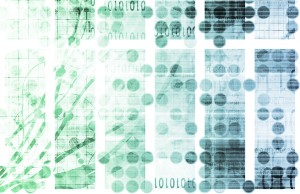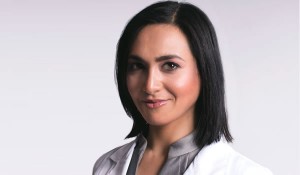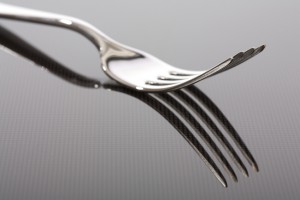What is the Microbiome?
WHAT’S THE MICROBIOME? Our microbiome is the community of trillions of bacteria that live within us, outnumbering our own cells by 10 to 1. This newly discovered world plays a dramatic role in our health and is transforming our very understanding of modern medicine. Indeed, the Mayo clinic has recently said that understanding the microbiome is:
“…as important in the practice of modern medicine as germ theory or the principles of genetics.”
The gut microbiome includes communities of microorganisms from the three kingdoms of bacteria, yeast, and archae plus viruses that live primarily in the large intestine. The human microbiome consists primarily of bacteria, most of which make their home in the large intestine.
More than 1000 species of bacteria can be found in the human gut microbiota but it’s been estimated that only 150 to 170 predominate in any one person.
What is the Microbiome? Is Your Gut Healthy?
At Susannah Makram Clinics we use The Organix Dysbiosis test
The Organix Dysbiosis test is a urine organic acids test measuring the by-products of microbial metabolism, and is particularly useful in detecting the presence of pathogenic microbial overgrowth. As a stand-alone test, the Organix Dysbiosis Profile allows Susannah to assess microbial overgrowth and guide and monitor targeted therapy for patients.
“Dysbiosis,” is described as an imbalance in the microecology of the digestive tract. When the microbial balance of the gut is disturbed, opportunistic (“bad”) bacteria can overgrow and impede the effects of the “good”, predominant bacteria needed for a healthy gut.
Urine is an important medium for testing microbiology in the gut. Urine contains unique products of microbial metabolism which are used to measure small bowel yeast and bacterial overgrowth.
Advantages of using the Organix Dysbiosis test specifically include:
- Reports D-arabinitol, a specific marker for Candida sp., which can cause disease in patients, especially if they are immunocompromised.
- Reports D-lactate, an indicator of L. acidophilus overgrowth and carbohydrate malabsorption.
- Utilizes the LC/MS-MS method, providing more stability, accuracy, and sensitivity in measuring organic acids at low levels for optimum test results.
- A single urine specimen is easy for patients, leading to increased patient compliance.
- Discrimination between microbial classes allows for more focused and targeted therapies.
- An economical follow-up test for practitioners to monitor targeted therapy.
The new techniques for identifying microbes have led to the microbiome being called “the forgotten organ” and like any organ in the body, it can go wrong. Problems with the microbiome are being linked to diseases including inflammatory bowel disease and Type 2 diabetes, obesity, cancer, asthma and mental health disorders and autism.
The NIH Human Microbiome Project has been set up to explore correlations between the microbiome and human health and disease. These also have a impact on healthy pregnancy, birth, mothering and midwifery.
Matamoros et al. (2012) ‘development of intestinal microbiota in infants and its impact on health’ and Collado et al. (2012) ‘microbial ecology and host-microbiota interactions during early life stages’.
Subscribe to Susannah Makram TV channel on youtube. What health conditions are we discussing this week? Let’s start the conversation. What’s good gut health EXACTLY?





